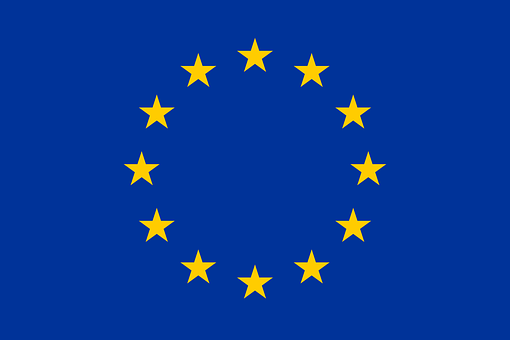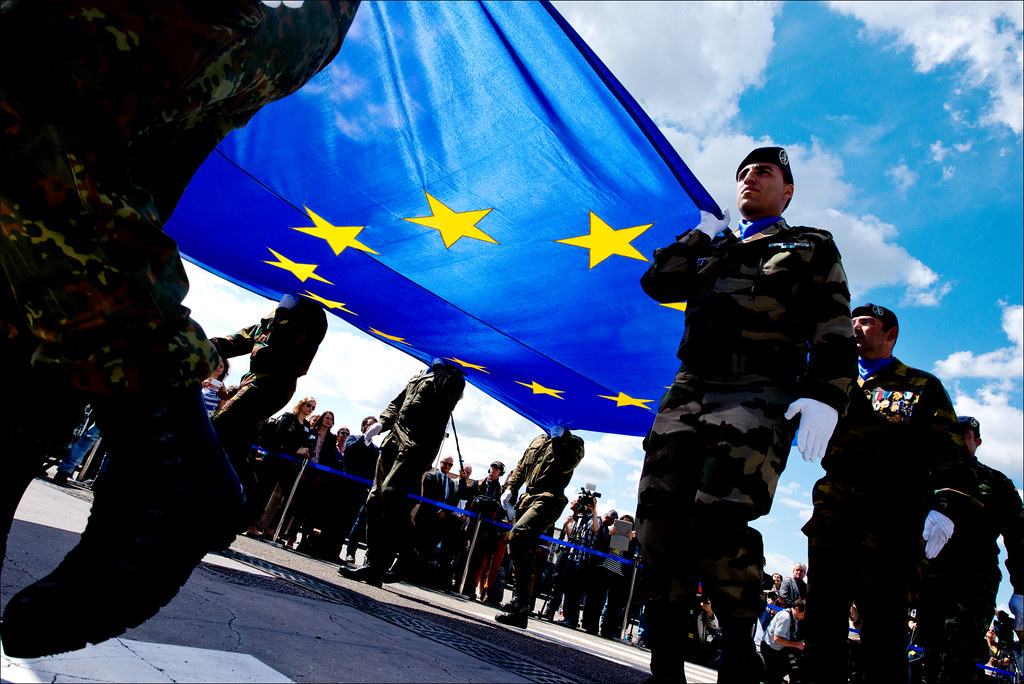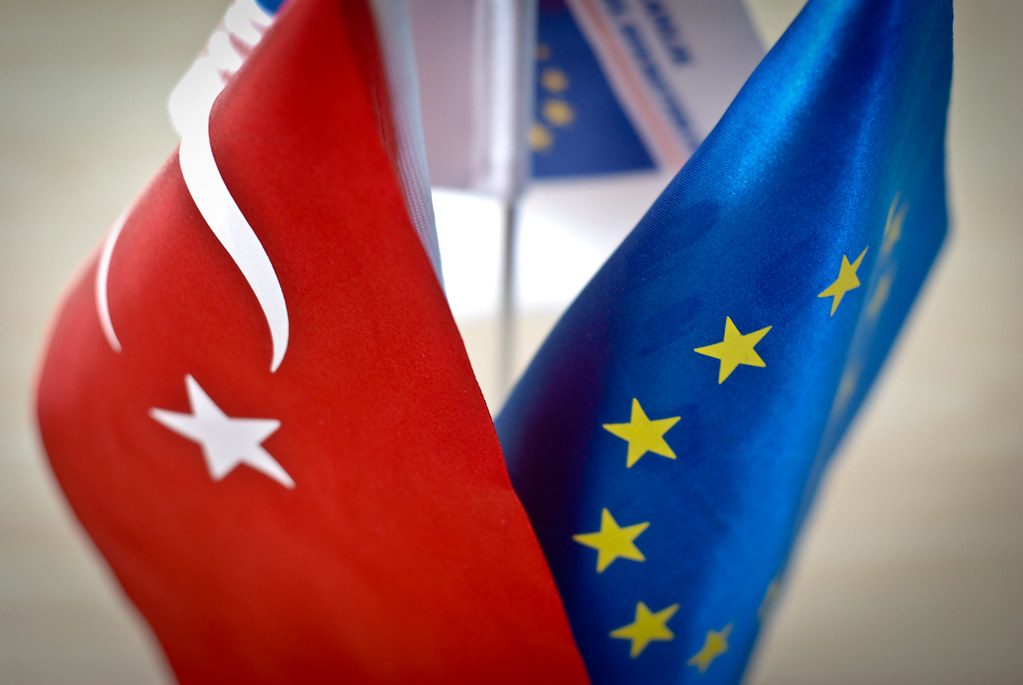The Eastminster blog recently hosted a competition for sixth form students to write a post on the EU elections. The winner was Sam Kenward of Sir John Leman Sixth Form in Beccles, who also wins £50. In his post, Sam reviews the prospects of each of the parties as the UK heads to the polls to choose its MEPs this week.
The Euro Elections are fast approaching and there is a mix of emotions in the air. There is vast optimism from UKIP and Labour, hoping to become the biggest party in Europe. Meanwhile, the Conservatives are hoping to dig their heels in and defiantly hold on to their seats. And hanging on for dear life is the objective for the Lib Dems. But, with the elections being highlighted so much by the UKIP and Lib Dem Leader debates, which party has got the strongest message on Europe? And, can that message resonate with the electorate with a good showing in the polls on May 22nd?

The first port of call has to be the ‘party of out’ – UKIP. It is extremely clear that when it comes to Europe, UKIP have stamped their territory firmly. UKIP have been able to do this as they offer an ideal which many Britons appreciate, not least for two reasons. The first reason why Britons are liking UKIP is because they offer a glimpse of a repeat of the ‘good old days’ – self-governing Britain without the Brussels Bureaucrats dictating policy. This resonates with Britons as many have had enough of the EU and the excessive power they hold. That ideal has made UKIP quite unique as UKIP seem to be the only party who like to stand up to Europe whilst the other parties seem to try and embrace it. This tough stance has seen UKIP’s popularity rise and could see a successful run of form for UKIP in the May elections. UKIP, do however, have a image still of being slightly ‘loose cannon’ but no doubt Farage will see May as the right time for UKIP to shake off the shackles of this image and start to cause worry in the minds of Clegg, Cameron and Miliband ahead of May 2015.
Talking of worry and image, let’s move on to the Lib Dems. Many Liberal Democrats who watched the Europe Debate (and heard the feedback) will have been sweating and worrying about the Euro elections. The reason being that the leader of the ‘party of in’ was destroyed by the leader of the ‘party of out’. And with EU being a topic which is so controversial, the Lib Dems’ poor defending of the union could lose yet more support. This could diminish the 11 current UK Lib Dem MEPS and could set the Lib Dems up for another fall in 2015. The image Mr Clegg has tried to portray has left many voters wondering, what actually is their stance? This is a very important question as pre-2010, Clegg was promising a referendum on the EU yet post-general election; absolute silence. This leaves a sour note of confusion; one which they don’t want particularly as UKIP is lurking in the shadows. The mood this May will be shaky for the party ‘of in’.
Moving on to their coalition partners, what does May have in store for the Tories? The Conservatives had a good showing in 2009, however, it will be much more difficult this time around for the Conservatives as they are the ones in government. That said, there are some silver linings for Cameron and his party. One is that the Labour opposition doesn’t seem to have much nous, in that the average poll lead is only around 4%. This is a silver lining for the Tories as 4% is hardly decisive for a party who want to govern and with good economic news for the government, that Labour poll lead looks to be decreasing more than rising. This is then accompanied by the EU referendum promise. The crux of it is that the Conservatives have a battle with UKIP and this promise is designed to ensure right wing support stays with the Conservatives. UKIP are making up the numbers but they cannot deliver any solid policy on the EU as they are not a force in the Commons. This is a good opportunity for the Conservatives to win back support and gain ground on their rivals particularly the Lib Dems and Labour who offer no such promise of a referendum on membership. Nevertheless, this election will still be an immense task for the Conservatives and the result of this will be the test of the waters ahead of 2015.
1994 was the last time Labour were the largest British party in Europe. They had 62 seats compared to the Conservative number of 18. They then went onto win the 1997 general election. So 20 years on, Miliband will hope to replicate that success and be the biggest party again in Europe. But it is by no means, an easy feat. One reason why it is difficult is because in the 2009 EU election, Labour were knocked to 3rd due to UKIP. They had the same number of seats (13) but UKIP are on the up and although Labour can win some seats off the Conservatives and the Lib Dems, these seats will probably be taken by UKIP. Also, there is a sense that Labour is on the UKIP territory particularly as Miliband has offered no real direction over his party’s position on a referendum. This is also worsened by the good economic news as it is showing that Labour might not be ready to take reigns of power again in any form. This all points to some flaws in the Labour grand plan. Labour do enjoy a poll lead (however slim it may be) but in order to turn potential into actual success, lots more convincing needs to be done. Can they do it?
Overall, the May elections will be an indicator test for the parties ahead of the General Election. These elections will provide some room for improvement on their messages ahead of next year however, it looks as though the Lib Dems will be knocked out of Europe (reduced to single figures), with UKIP being top and a fierce battle for 2nd place between old rivals Labour and the Tories.
Sam is 17 and an A-level student at Sir John Leman in Beccles, Suffolk. He was the Member of Youth Parliament for Suffolk between 2010 and 2014 and has had a keen interest in politics since a young age, believing that it is so important for all of us in different ways.
Image Credits: Wikipedia





